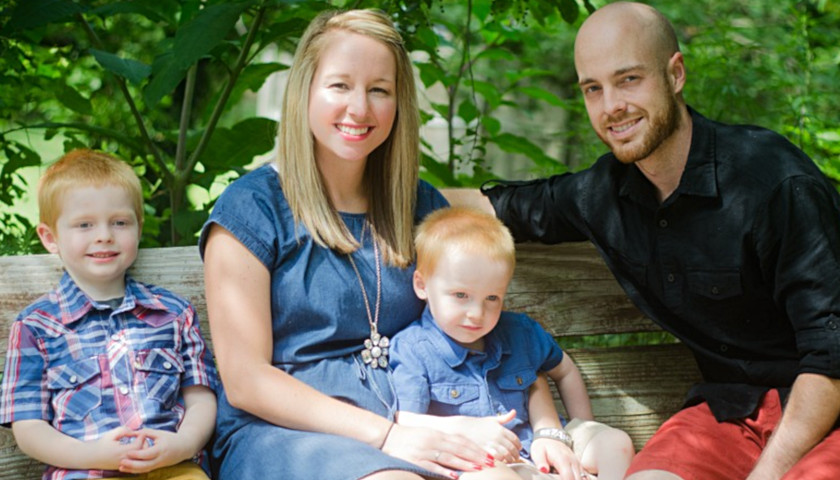Our world of hookup culture, abortion on demand, and fading traditional family structure is pushing a rising number of young people away from wanting to have children. Even married couples are choosing to remain childless, citing everything from financial freedom to environmental concerns.
This drastic decision is often made from a place of fear and blindness, out of worry about what young couples will have to give up if they have a family. But that’s just one side of the coin. These people are also depriving themselves of the extraordinary joys that having children brings to ordinary life. So let’s start shifting the narrative. We can voice the delights of parenthood and share why it’s so meaningful, showing the world how valuable and incredible children are. They change us and challenge us in so many ways. What miracles do little ones bring to our daily lives? Here are just a few:
Read the full story




